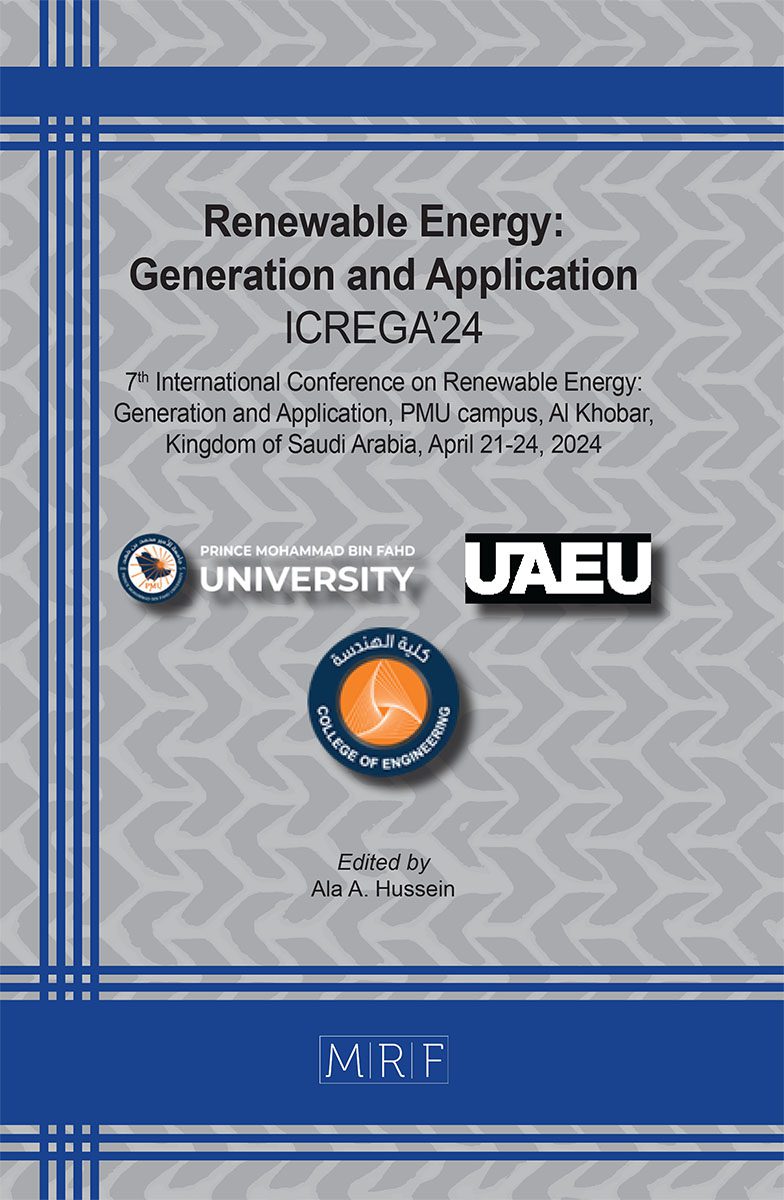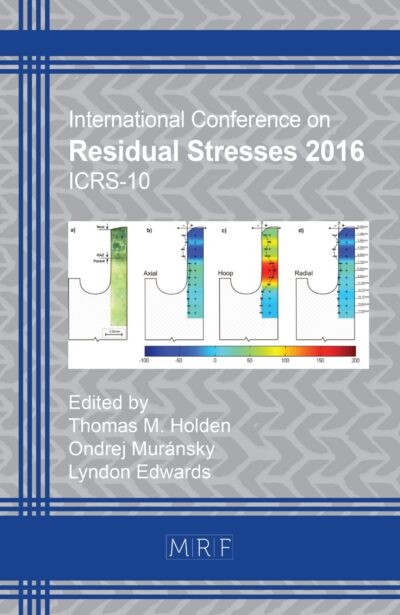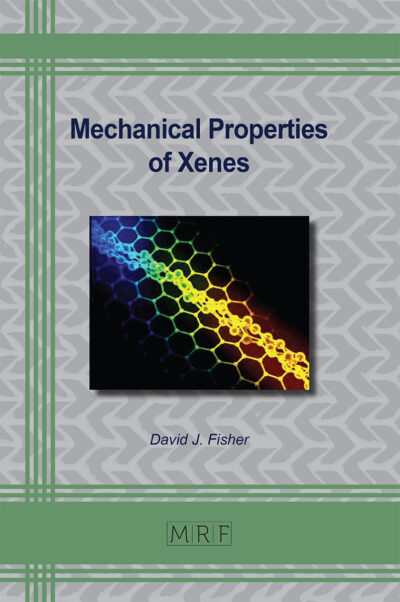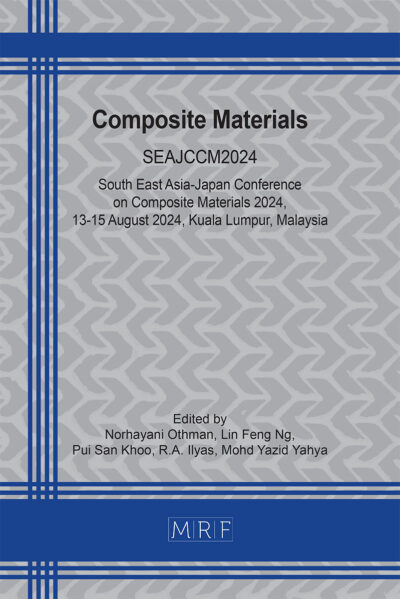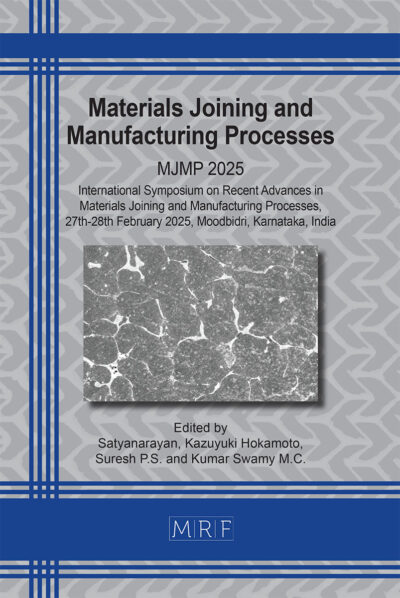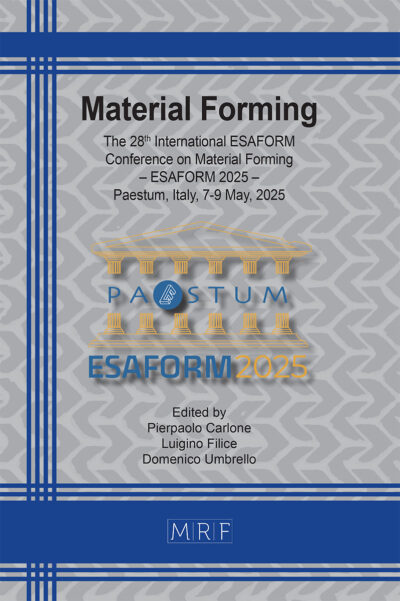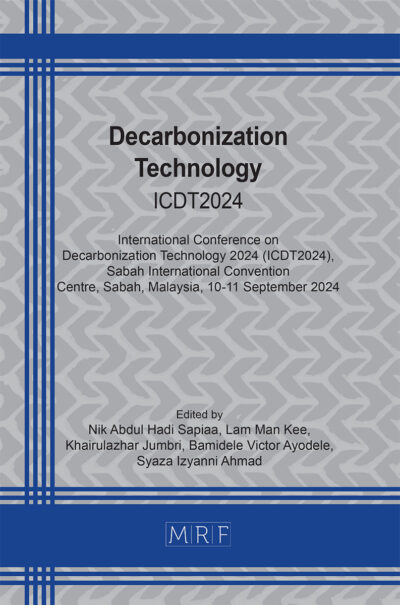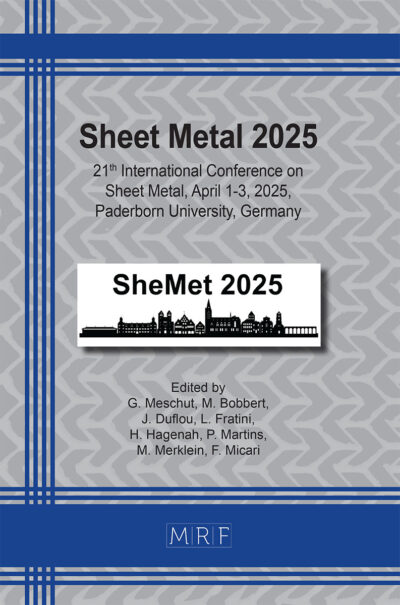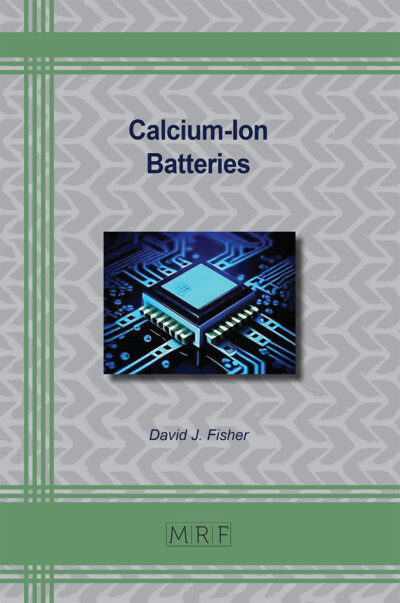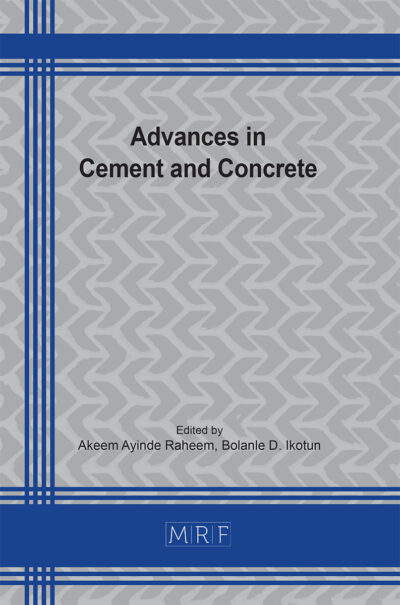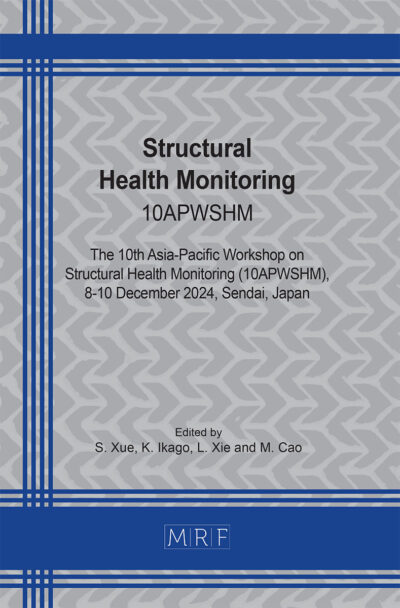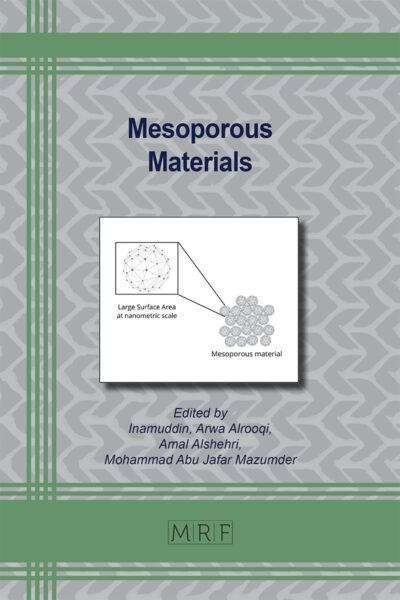–
Water and electricity consumption management architectures using IoT and AI: A review study
Oumaima RHALLAB, Amine DEHBI, Rachid DEHBI
download PDFAbstract. This in-depth article delves into the implemented architectures aimed at optimizing water and electricity consumption through the integration of the Internet of Things (IoT) and artificial intelligence (AI). It provides a detailed analysis of various developments, trends, and key technologies shaping this rapidly evolving field. The article meticulously examines background research and scrutinizes the architecture, thus offering profound insights into the technical challenges, potential benefits, and implementation obstacles of leveraging IoT and AI in resource management. By exploring these architectures, the article highlights significant advancements in terms of efficiency, resource utilization, and predictive capabilities within integrated systems. Convincing results demonstrate the positive impact of this technological convergence on environmental sustainability, waste reduction, and resource optimization, thus offering a promising vision for the future of resource management. Furthermore, an extensive discussion section critically evaluates the discussed approaches, pinpointing the strengths and weaknesses of each method and proposing avenues for improvement and development. This nuanced analysis provides a solid foundation for future research and continuous innovation in the field of resource management. This article serves as an essential resource for professionals and researchers working in the fields of water, energy, and IoT/AI. It offers an in-depth understanding of the challenges and opportunities associated with integrating these technologies and provides strategic guidance for effective and sustainable resource management in the digital age.
Keywords
Water and Electricity Management, Internet of Things (IoT), Artificial Intelligence (AI), Resource Management
Published online 7/15/2024, 8 pages
Copyright © 2024 by the author(s)
Published under license by Materials Research Forum LLC., Millersville PA, USA
Citation: Oumaima RHALLAB, Amine DEHBI, Rachid DEHBI, Water and electricity consumption management architectures using IoT and AI: A review study, Materials Research Proceedings, Vol. 43, pp 148-155, 2024
DOI: https://doi.org/10.21741/9781644903216-20
The article was published as article 20 of the book Renewable Energy: Generation and Application
![]() Content from this work may be used under the terms of the Creative Commons Attribution 3.0 license. Any further distribution of this work must maintain attribution to the author(s) and the title of the work, journal citation and DOI.
Content from this work may be used under the terms of the Creative Commons Attribution 3.0 license. Any further distribution of this work must maintain attribution to the author(s) and the title of the work, journal citation and DOI.
References
[1] Fuentes, H., & Mauricio, D. (2020). Smart water consumption measurement system for houses using IoT and cloud computing. Environmental Monitoring and Assessment, 192, 1-16. https://doi.org/10.1007/s10661-020-08535-4
[2] Rajesh, M. (2021). GSM Based Smart Energy Meter System.
[3] Ramadhan, A. J., Ali, A. M., & Kareem, H. K. (2020). Smart waterquality monitoring system based on enabled real-time internet of things. J. Eng. Sci. Technol, 15(6), 3514-3527.
[4] Olatinwo, S. O., & Joubert, T. H. (2020). Energy efficiency maximization in a wireless powered IoT sensor network for water quality monitoring. Computer Networks, 176, 107237. https://doi.org/10.1016/j.comnet.2020.107237
[5] Khan, M. A., Sajjad, I. A., Tahir, M., & Haseeb, A. (2022). IoT application for energy management in smart homes. Engineering Proceedings, 20(1), 43. https://doi.org/10.3390/engproc2022020043
[6] Liu, Y., Yang, C., Jiang, L., Xie, S., & Zhang, Y. (2019). Intelligent edge computing for IoT-based energy management in smart cities. IEEE network, 33(2), 111-117. https://doi.org/10.1109/MNET.2019.1800254
[7] Ibrahim, S. N., Asnawi, A. L., Abdul Malik, N., Mohd Azmin, N. F., Jusoh, A. Z., & Mohd Isa, F. N. (2018). Web based Water Turbidity Monitoring and Automated Filtration System: IoT Application in Water Management. International Journal of Electrical & Computer Engineering (2088-8708), 8(4). https://doi.org/10.11591/ijece.v8i4.pp2503-2511
[8] Li, J., Herdem, M. S., Nathwani, J., & Wen, J. Z. (2023). Methods and applications for Artificial Intelligence, Big Data, Internet of Things, and Blockchain in smart energy management. Energy and AI, 11, 100208. https://doi.org/10.1016/j.egyai.2022.100208
[9] Jaradat, M., Jarrah, M., Bousselham, A., Jararweh, Y., & AlAyyoub, M. (2015). The internet of energy: smart sensor networks and big data management for smart grid. Procedia Computer Science, 56, 592-597. https://doi.org/10.1016/j.procs.2015.07.250
[10] Zulkifli, C. Z., Garfan, S., Talal, M., Alamoodi, A. H., Alamleh, A., Ahmaro, I. Y., … & Chiang, H. H. (2022). IoT-based water monitoring systems: a systematic review. Water, 14(22), 3621. https://doi.org/10.3390/w14223621
[11] Saheb, T., Dehghani, M., & Saheb, T. (2022). Artificial intelligence for sustainable energy: A contextual topic modeling and content analysis. Sustainable Computing: Informatics and Systems, 35, 100699. https://doi.org/10.1016/j.suscom.2022.100699
[12] Rochd, A., Benazzouz, A., Abdelmoula, I. A., Raihani, A., Ghennioui, A., Naimi, Z., & Ikken, B. (2021). Design and implementation of an AI-based & IoT-enabled Home Energy Management System: A case study in Benguerir—Morocco. Energy Reports, 7, 699-719. https://doi.org/10.1016/j.egyr.2021.07.084
[13] Rahmadya, B., Zaini, Z., & Muharam, M. (2020). Iot: A mobile application and multi-hop communication in wireless sensor network for water monitoring. https://doi.org/10.3991/ijim.v14i11.13681
[14] Krishnan, S. R., Nallakaruppan, M. K., Chengoden, R., Koppu, S., Iyapparaja, M., Sadhasivam, J., & Sethuraman, S. (2022). Smart water resource management using Artificial Intelligence—A review. Sustainability, 14(20), 13384. https://doi.org/10.3390/su142013384
[15] Ansari, S., Ayob, A., Lipu, M. S. H., Saad, M. H. M., & Hussain, A. (2021). A review of monitoring technologies for solar PV systems using data processing modules and transmission protocols: Progress, challenges and prospects. Sustainability, 13(15), 8120. https://doi.org/10.3390/su13158120
[16] Kanellopoulos, D., Sharma, V. K., Panagiotakopoulos, T., & Kameas, A. (2023). Networking Architectures and Protocols for IoT Applications in Smart Cities: Recent Developments and Perspectives. Electronics, 12(11), 2490. https://doi.org/10.3390/electronics12112490
[17] Dehbi, A., Bakhouyi, A., Dehbi, R., & Talea, M. (2024). Smart Evaluation: A New Approach Improving the Assessment Management Process through Cloud and IoT Technologies. International Journal of Information and Education Technology, 14(1), 107-118. https://doi.org/10.18178/ijiet.2024.14.1.2030
[18] Bedi, P., Goyal, S. B., Rajawat, A. S., Shaw, R. N., & Ghosh, A. (2022). Application of AI/IoT for smart renewable energy management in smart cities. AI and IoT for Smart City Applications, 115-138. https://doi.org/10.1007/978-981-16-7498-3_8
[19] Goudarzi, S., Anisi, M. H., Soleymani, S. A., Ayob, M., & Zeadally, S. (2021). An IoT-based prediction technique for efficient energy consumption in buildings. IEEE Transactions on Green Communications and Networking, 5(4), 2076-2088. https://doi.org/10.1109/TGCN.2021.3091388
[20] Lakshmikantha, V., Hiriyannagowda, A., Manjunath, A., Patted, A., Basavaiah, J., & Anthony, A. A. (2021). IoT based smart water quality monitoring system. Global Transitions Proceedings, 2(2), 181-186. https://doi.org/10.1016/j.gltp.2021.08.062
[21] Praveena, D., Thanga Ramya, S., Gladis Pushparathi, V. P., Bethi, P., & Poopandian, S. (2021). Hybrid Cloud Data Protection Using Machine Learning Approach. In Advanced Soft Computing Techniques in Data Science, IoT and Cloud Computing (pp. 151- 166). Cham: Springer International Publishing. https://doi.org/10.1007/978-3-030-75657-4_7
[22] Bourechak, A., Zedadra, O., Kouahla, M. N., Guerrieri, A., Seridi, H., & Fortino, G. (2023). At the Confluence of Artificial Intelligence and Edge Computing in IoT-Based Applications: A Review and New Perspectives. Sensors, 23(3), 1639. https://doi.org/10.3390/s23031639
[23] Himeur, Y., Elnour, M., Fadli, F., Meskin, N., Petri, I., Rezgui, Y., … & Amira, A. (2023). AI-big data analytics for building automation and management systems: a survey, actual challenges and future perspectives. Artificial Intelligence Review, 56(6), 4929-5021. https://doi.org/10.1007/s10462-022-10286-2
[24] Rajawat, A. S., Mohammed, O., Shaw, R. N., & Ghosh, A. (2022). Renewable energy system for industrial internet of things model using fusion-AI. In Applications of AI and IOT in Renewable Energy (pp. 107-128). Academic Press. https://doi.org/10.1016/B978-0-323-91699-8.00006-1
[25] Jiang, D., Lian, M., Xu, M., Sun, Q., Xu, B. B., Thabet, H. K., … & Guo, Z. (2023). Advances in triboelectric nanogenerator technology—Applications in self-powered sensors, Internet of things, biomedicine, and blue energy. Advanced Composites and Hybrid Materials, 6(2), 57. https://doi.org/10.1007/s42114-023-00632-5
[26] Olatinwo, S. O., & Joubert, T. H. (2023). Resource Allocation Optimization in IoT-Enabled Water Quality Monitoring Systems. Sensors, 23(21), 8963. https://doi.org/10.3390/s23218963
[27] Nasiri, F., Ooka, R., Haghighat, F., Shirzadi, N., Dotoli, M., Carli, R., … & Sadrizadeh, S. (2022). Data analytics and information technologies for smart energy storage systems: A state-of-the-art review. Sustainable Cities and Society, 84, 104004. https://doi.org/10.1016/j.scs.2022.104004
[28] Kamyab, H., Khademi, T., Chelliapan, S., SaberiKamarposhti, M., Rezania, S., Yusuf, M., … & Ahn, Y. (2023). The latest innovative avenues for the utilization of artificial Intelligence and big data analytics in water resource management. Results in Engineering, 101566. https://doi.org/10.1016/j.rineng.2023.101566

